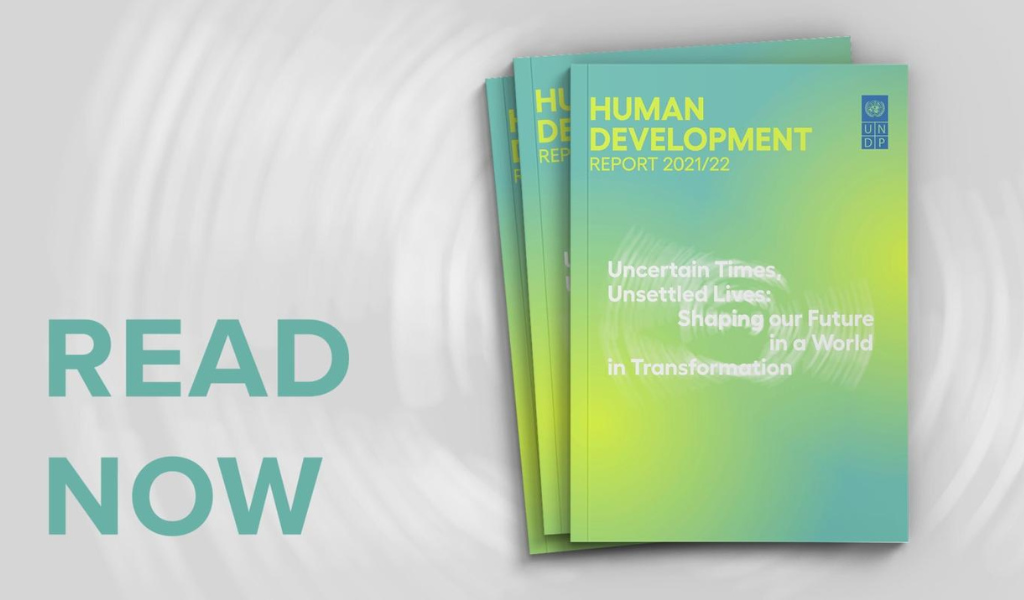
UNDP Launches 2021/2022 Human Development Report
With the world plunging into multiple crises in the past two years, the global developmental trajectory has declined with 90% of countries falling behind in Human Development. Titled ‘Uncertain Times, Unsettled Lives: Shaping our Future in a Transforming World’, the report explores the repercussions faced by the devastating crises like the Covid-19 pandemic and the Russia-Ukraine War. These global issues were adjoined by socio-economic shifts, pressing planetary concerns and a large increase in social polarization.
The Human Development Index (HDI) calculates a country’s health, education and standard of living. In 32 years, the world-wide HDI has declined steadily for two years, halting the progress towards achieving the Sustainable Development Goals. With many countries recovering post the pandemic, the recuperation is partial with some areas still experiencing widening inequality. The worst struck areas include Latin America, Caribbean, Sub-Saharan Africa and South Asia.
In Maldives, the HDI value for 2021 stands at 0.747 positioning the country in a higher tier compared to other countries in the region. The nation has also climbed the list by 7 ranks from 2020 to 2021 and is now placed at 90 out of 191 countries and territories. The increase in HDI value is owed to significant improvements in integral indicators for HDI including life expectancy, schooling and Gross National Income per capita.
Life expectancy has increased from 78.9 to 79.9 and expected years of schooling has soared by a point. However, the GNI saw a fall in value from $17,417 to $15,448 as a result of constrictions due to the pandemic. The report also noted that a wider gender gap still exists in the country with the 2021 female HDI value being 0.709 compared to males at 0.766. This depicts that more efforts need to be done to balance human development between the genders with a high focus given on inclusivity.
To address the concerns of these unprecedented times, the report suggested the implementation of policies that encourage investment. This includes policies promoting the switch to renewable energy and increasing preparedness for pandemics. The report also called for financial insurance and social protection to better brace societies for unforeseen circumstances unfolding in the world. Furthermore, it highlighted the importance of innovations in technological, economic and cultural settings that can pave way for increased capabilities in response to future challenges.